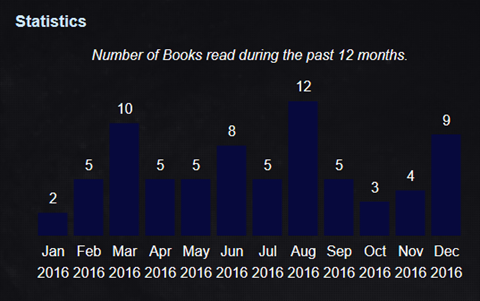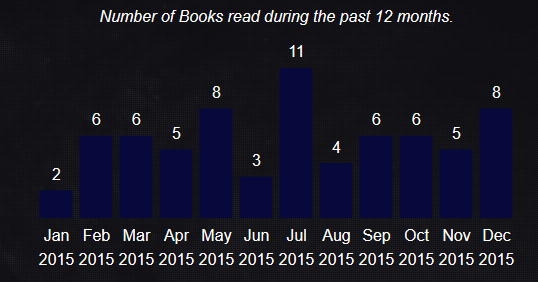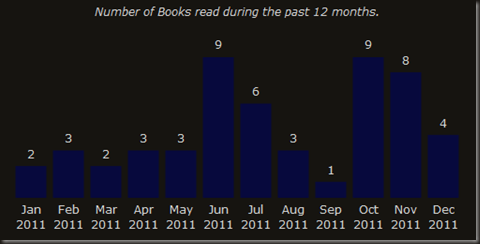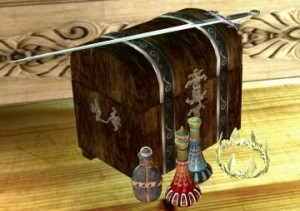There are many, many guides to successfully completing a post grad degree, so I am not going to add to them. Instead, this is a list of things, based on personal experience, that you can do to make it somewhere between very difficult and impossible to complete that Masters or Doctorate degree.
To be clear, I’m talking about the degrees which are mostly, if not entirely, based on research and a dissertation, not coursework.
Do the degree while holding down a full-time job
Initially this looks like it’ll work out fine. Work Monday to Friday, work on the degree on Saturday and Sunday. For the first few months it does work fine.
But there’s one thing that a dissertation requires and that’s a large amount of dedicated time. Time to read the literature. Time to come up with the hypothesis or research questions. Time to design an experiment. Time to conduct that experiment. Time to revise the experiment, conduct it again, revise again, conduct again… Time to analyse the results. Time to write up the results. Time to edit, rewrite, edit, rewrite, edit…
As the months pass, and as the initial enthusiasm and fun fades, so it becomes harder and harder to spend most of the weekend on the research, weekend after weekend after weekend, for a couple of years
Sure, it’s possible to complete a Masters degree while working full time, but it’s like playing a game on Insane difficulty level.
Decide that you want to get heavily involved in the SQL community
The SQL community are a great bunch of people and there’s a lot of encouragement to jump in and get involved, for many good reasons
Posting on forums is great in many ways, it boosts your confidence, it gets you recognitions and it’s a good way to get to know features you’ll never use in your regular job.
Blogging and writing are a great way to share knowledge, and there’s a thrill from watching the page hit count go up, from the first comment, from the complements, especially when your blog post gets referenced by others as the authoritative article on a subject.
But it takes time. Lots of time. Articles can take days of work, blog posts can take anything from a few minutes to many hours depending on the subject and the depth of the post. Presenting takes lots and lots of prep time. An hour-long presentation can easily require a day of prep, and that’s once you’ve done several presentations. The first one can take many days of writing slides, rewriting slides, writing demos and rehearsing the presentation several times. Forums will take every minute you’re willing to give to them and more, and there’s the constant temptation of ‘just one more post…’
And where’s that time going to come from? The time that would otherwise have been spent on the research and dissertation.
Get burned out, and don’t seek help
I’m probably going to get flak for this, but it has to be said.
As an industry in general, we are too reluctant to ask for help. I don’t mean technical help (though that too in many cases).
We are too eager to put on a pedestal the person who works 12 hours a day, 6 days a week, the person who pulls all-nighters on a regular basis, the person who never takes vacation because he ‘doesn’t have time’. We’re conditioned to see extreme hours worked as a sign of dedication, of what is needed to get ahead.
It’s not heroic. It’s not required. It’s not something to be admired.
It’s stupid.
Long days are sometimes required, weekend work is sometimes necessary, but they both should be the exception, not the norm. Excessive overtime, if needed to meet deadlines, should be followed with a discussion on what went wrong such that the overtime was required. Was the estimation inadequate? Was the project analysis flawed? Did the scope creep (or gallop)? Were people working on multiple projects at the same time while the project plan expected them to be dedicated? Were assumptions not met or essential infrastructure delayed?
If overtime is frequently required, then management has failed at their job. A developer working 12 hours a day, 6 days a week for months on end is not a sign of dedication or heroics, it’s a sign that someone, somewhere in management is not doing their job properly.
This kind of workload and times are not sustainable. They lead to mistakes and buggy code, they lead to burnout and they lead to people, top people, walking away and never coming back.
I wrote about burnout a few years ago. Looking back now, after another recent brush with it, I don’t think I went far enough in what I said there.
It is not a flaw, it is not a weakness, it is not admitting failure, to seek professional help for burnout. It’s far better to do so than to suffer for years with the effects.
And to get this back on topic, trying to work through burnout is like trying to swim through syrup. Lots of effort, little progress, very easy to give up and stop trying. That’s not going to do wonders for that research and the couple-hundred page dissertation that needs to be done.
Despite all of that, in case anyone is wondering, graduation is mid-September













 There’s a bag that has a maximum volume that it can hold and a maximum mass that it can hold (and we assume that we can pack perfectly with no wasted space). There are eight items, all with different masses, different volumes and different values. The goal here is to maximise the total value of all the items contained within the bag.
There’s a bag that has a maximum volume that it can hold and a maximum mass that it can hold (and we assume that we can pack perfectly with no wasted space). There are eight items, all with different masses, different volumes and different values. The goal here is to maximise the total value of all the items contained within the bag.